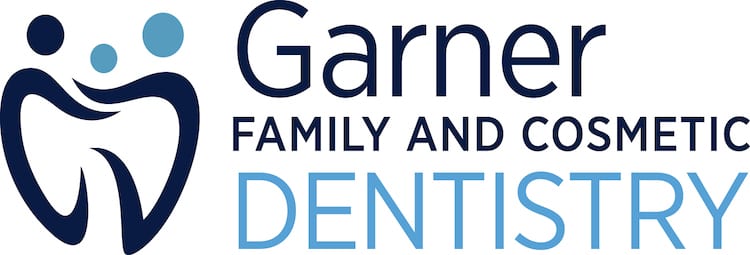Dental crowns serve as a protective cover for damaged teeth. They help restore both function and aesthetics. Proper care ensures they last for many years. Understanding how to maintain a new dental crown is crucial to protect your oral health and smile.

Understanding Dental Crowns
Dental crowns are custom-made caps placed over damaged teeth. Dentists use them to restore tooth function and appearance. They can be made from various materials, including porcelain, metal, or ceramic. Each material has unique properties and care requirements. Your dentist will guide you on the best choice based on your needs.
It’s essential to understand the purpose of your crown. Crowns protect weakened teeth from further damage. They could also restore a tooth’s shape, size, and strength. Crowns may also improve the appearance of a discolored or misshapen tooth. Knowing their role helps you appreciate the importance of proper care.
Immediate Post-Procedure Care
After receiving a dental crown, care in the initial hours is vital. Avoid eating until the anesthesia wears off. This prevents accidental biting of your cheek or tongue. Stick to soft foods for the first 24 hours. Foods like soup, yogurt, and mashed potatoes are ideal. Chewing hard foods can dislodge or damage the crown.
Sensitivity is common after the procedure. You might experience discomfort when consuming hot or cold foods. Over-the-counter pain relievers can help alleviate this discomfort. If pain persists, contact your dentist for advice. Avoid extremely hot or cold foods to reduce sensitivity.
During this period, refrain from using the affected side of your mouth. This reduces the risk of disturbing the crown. As you adjust, gradually reintroduce regular foods. Pay attention to any discomfort or changes. Inform your dentist if issues arise.
Daily Oral Hygiene
Maintaining oral hygiene is vital for crown longevity. Brush your teeth twice daily using a soft-bristled toothbrush. Hard bristles can scratch the crown surface. Use fluoride toothpaste to strengthen the surrounding teeth. This helps prevent decay around the crown.
Flossing is equally important. Use a gentle technique to avoid dislodging the crown. Consider using a water flosser if traditional flossing proves difficult. Rinse your mouth with an antibacterial mouthwash to reduce plaque buildup. This practice helps maintain gum health around the crown.
Pay special attention to the gumline. Plaque buildup can lead to gum disease, affecting crown stability. Regular cleaning prevents bacterial growth. It also ensures the crown remains securely in place.
Dietary Considerations
Your diet plays a significant role in crown maintenance. Avoid sticky or hard foods that can damage the crown. Chewing ice or hard candies poses a risk. Sticky foods like caramel can pull the crown off. Opt for a balanced diet to promote oral health.
Incorporate fruits, vegetables, and lean proteins into your meals. These foods support overall dental health. Dairy products provide calcium, strengthening teeth and bones. Hydration is also important. Drink plenty of water to wash away food particles and bacteria.
Limit sugary and acidic foods. These can erode the tooth structure beneath the crown. Moderation is key to maintaining a healthy oral environment. A mindful diet helps prolong the lifespan of your dental crown.
Regular Dental Check-Ups
Consistent dental visits are crucial for crown care. Visit your dentist regularly for check-ups. Routine visits ensure your crown remains in good condition. Dentists can identify potential issues early. They will also clean areas that are difficult to reach at home.
Inform your dentist about any discomfort or changes. Early intervention often prevents complications. Your dentist may recommend a night guard if you grind your teeth. Grinding can damage the crown over time. Addressing this habit helps preserve the crown’s integrity,
Protecting Your Crown
Avoid using your teeth as tools. Opening packages or biting nails can harm the crown. Wear a mouthguard during sports activities. Physical contact can damage or dislodge the crown. If your crown feels loose or falls out, contact your dentist immediately. Do not attempt to fix it yourself. Your dentist will assess the situation and provide a solution.
Understanding Potential Complications
Dental crowns can sometimes cause complications. These may include sensitivity, pain, or an ill fit. Sensitivity usually resolves on its own. Persistent pain may indicate an underlying issue. An ill-fitting crown can cause discomfort or bite problems. Your dentist can adjust the crown for a proper fit. Addressing issues early prevents further complications.
At Garner Family and Cosmetic Dentistry, we are committed to your oral health. Caring for your crown is crucial to maintain your bite and smile. Contact us today to schedule a consultation and learn more about how to maintain your dental restorations.
